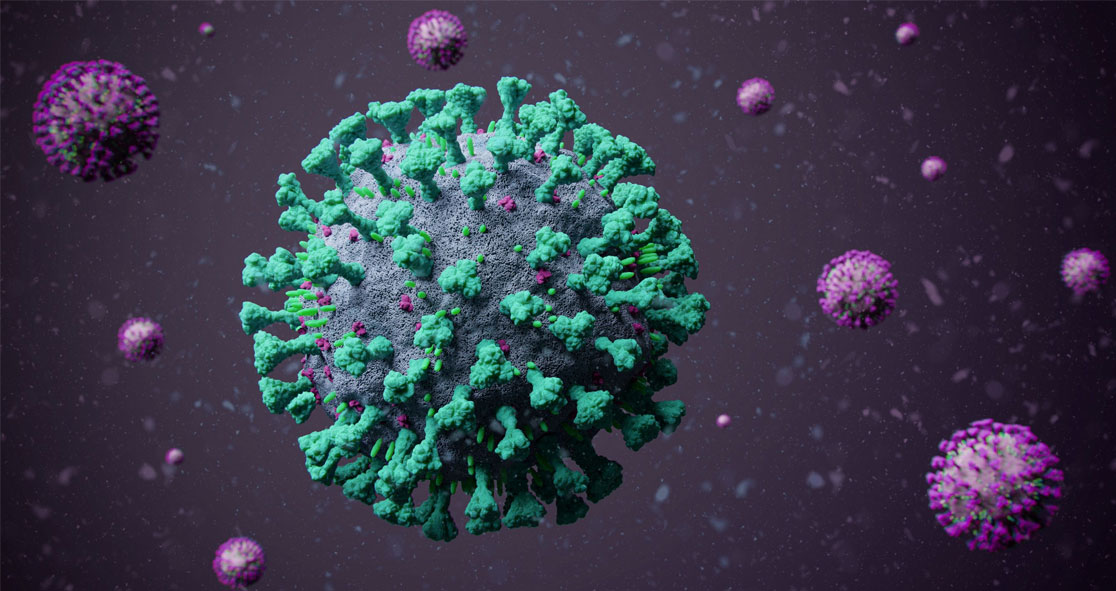Public health experts have said that the global eradication of COVID-19 is probably feasible, according to Medical Xpress.
The global eradication of COVID-19 is probably more feasible than it is for polio, although considerably less so than it was for smallpox.
The experts, who analyzed a comparative score of technical, sociopolitical, and economic factors for COVID, polio, and smallpox, published their findings in British Medical Journal.
The COVID-19 eradication is possible with high rates of vaccination, public health measures, and global interest in achieving this goal. However, there are a few challenges, such as securing sufficiently high vaccine coverage and being able to respond quickly enough to variants that may evade immunity, the experts said.
Globally, officials declared the eradication of smallpox in 1980, including two out of the three types of poliovirus have also been eradicated globally.
The experts wrote, “While our analysis is a preliminary effort, with various subjective components, it does seem to put COVID-19 eradicability into the realms of being possible, especially in terms of technical feasibility.”
They explained that the technical challenges of COVID-19 eradication lie in poor vaccine acceptance or vaccine hesitancy and the emergence of highly contagious variants, potentially affecting global vaccination drives.
“Nevertheless,” the author wrote, “there are of course limits to viral evolution, so we can expect the virus to eventually reach peak fitness, and new vaccines can be formulated.”
“Other challenges would be the high upfront costs (for vaccination and upgrading health systems), and achieving the necessary international cooperation in the face of ‘vaccine nationalism’ and government-mediated ‘antiscience aggression’,” they added.
The experts also said that the persistence of the virus in animal reservoirs may also affect the eradication efforts.
They pointed out that there is a global effort to tackle the COVID-19 infection, adding, “The massive scale of the health, social and economic impacts of COVID-19 in most of the world has generated unprecedented global interest in disease control and massive investment in vaccination against the pandemic,” according to Medical Xpress.
In addition, they think the COVID-19 pandemic can be eradicated if public health measures, such as border controls, social distancing, contact tracing, and mask-wearing, are deployed well.
They wrote, “Collectively these factors might mean that an ‘expected value’ analysis could ultimately estimate that the benefits outweigh the costs, even if eradication takes many years and has a significant risk of failure.”
The experts acknowledge that their study is preliminary, which is why they need more extensive in-depth work. They concluded the World Health Organization (WHO) must formally review the feasibility of attempting COVID-19 eradication.























